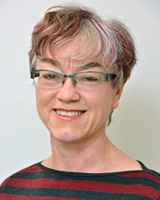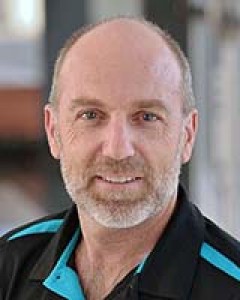The Bonded Medical Places (BMP) Scheme is an Australian Government program that aims to address workforce shortages, particularly in rural and remote areas. Under the scheme, the Commonwealth provides a place at a medical school and, in exchange, participants agree to work in an area of workforce shortage for a period between 1 and 6 years1. The BMP Scheme will undergo substantial reforms in 2020, with the introduction of a consistent three-year Return of Service Obligation (RoSO), and a more flexible and supportive system allowing participants to fulfil their obligations more easily2.
As part of an ongoing study exploring the factors influencing the decision to pursue rural work among early career doctors (postgraduate years 1–5), in collaboration with WA Country Health Services, the Rural Clinical School of Western Australia (RCSWA) surveyed 70 doctors and conducted 18 semi-structured telephone interviews between October 2018 and March 2019. Of the total interview sample, seven participants were bonded doctors, all of whom had joined the BMP Scheme before 2015. This means that, on gaining fellowship, they will be required to work for a period of time equal to the length of their medical course, which can be reduced by up to half with eligible pre-vocational and vocational training3.
Thematic analysis of the qualitative BMP Scheme data subset showed a spectrum of experiences relating to RoSO planning, ranging from those who reported having ‘maxed out’ on the pre-vocational and vocational training they could have recognised towards their RoSO to those who were uncertain as to whether they would be able to, and those who did not intend to, fulfil their BMP obligations. Early positive rural work experience appeared to influence current rural location in the sample, suggesting that bonded doctors would be receptive to receiving information tailored to their individual circumstances, but the data also suggests that there is a vacuum of such advice. Career planning – which included intentional urban terms to prepare for future rural practice, strong rural intention and rural exposure (both undergraduate and prevocational) – appeared to positively influence RoSO planning. However, there were clear information gaps relating to the BMP Scheme and RoSO obligations, even among those with a strong rural intention and clear career plans.
As we move towards a more consistent and flexible BMP system, Regional Training Hubs – an Australian Government initiative aiming to strengthen rural medical training opportunities4 – are well positioned to disseminate relevant, targeted information to bonded doctors early in their careers so they can make fully informed career decisions. Furthermore, their work engaging health services to provide tailored advice on how to align pre-vocational and vocational training requirements with RoSO obligations might also prove effective in ‘converting’ bonded doctors with a less defined rural intention. The present data supports the hubs’ dialogue with health services as one key role, as well as their collaboration with other organisations, such as rural workforce agencies, in leveraging the BMP Scheme to attract and retain doctors in rural areas and proactively supporting bonded doctors as they navigate their career.
Beatriz Cuesta-Briand, Denese Playford, Andrew Kirke, David Atkinson, Rural Clinical School of Western Australia
David Oldham, Western Australia Country Health Service



